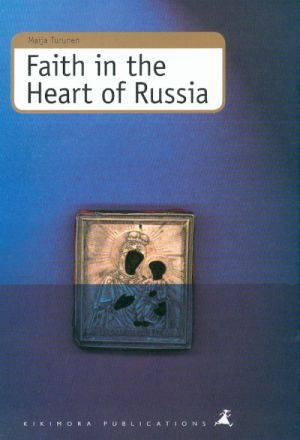The influence of religion has increased in Russian society since the collapse of communism. All indicators of religiosity show an upward trend. This is the case especially among the younger generation.
This book explores religion among post-communist youth. It provides a diverse picture of the linkage between religiosity, socio-cultural environment and history. It illustrates how Russia's younger generation is more religious than older ones and discusses why the religiosity of youth is so private and non-institutional. The study is based on analysis of qualitative and quantitative data gathered in state universities in Moscow, St. Petersburg, Saratov and Novosibirsk in 2001-2002.
Maija Turunen is a researcher in the Department of Orthodoxy and East European Church Studies at the University of Helsinki.
The influence of religion has increased in Russian society since the collapse of communism. All indicators of religiosity show an upward trend. This is the case especially among the younger generation.
This book explores religion among post-communist youth. It provides a diverse picture of the linkage between religiosity, socio-cultural environment and history. It illustrates how Russia's younger generation is more religious than older ones and discusses why the religiosity of youth is so private and non-institutional. The study is based on analysis of qualitative and quantitative data gathered in state universities in Moscow, St. Petersburg, Saratov and Novosibirsk in 2001-2002.
Maija Turunen is a researcher in the Department of Orthodoxy and East European Church Studies at the University of Helsinki.














